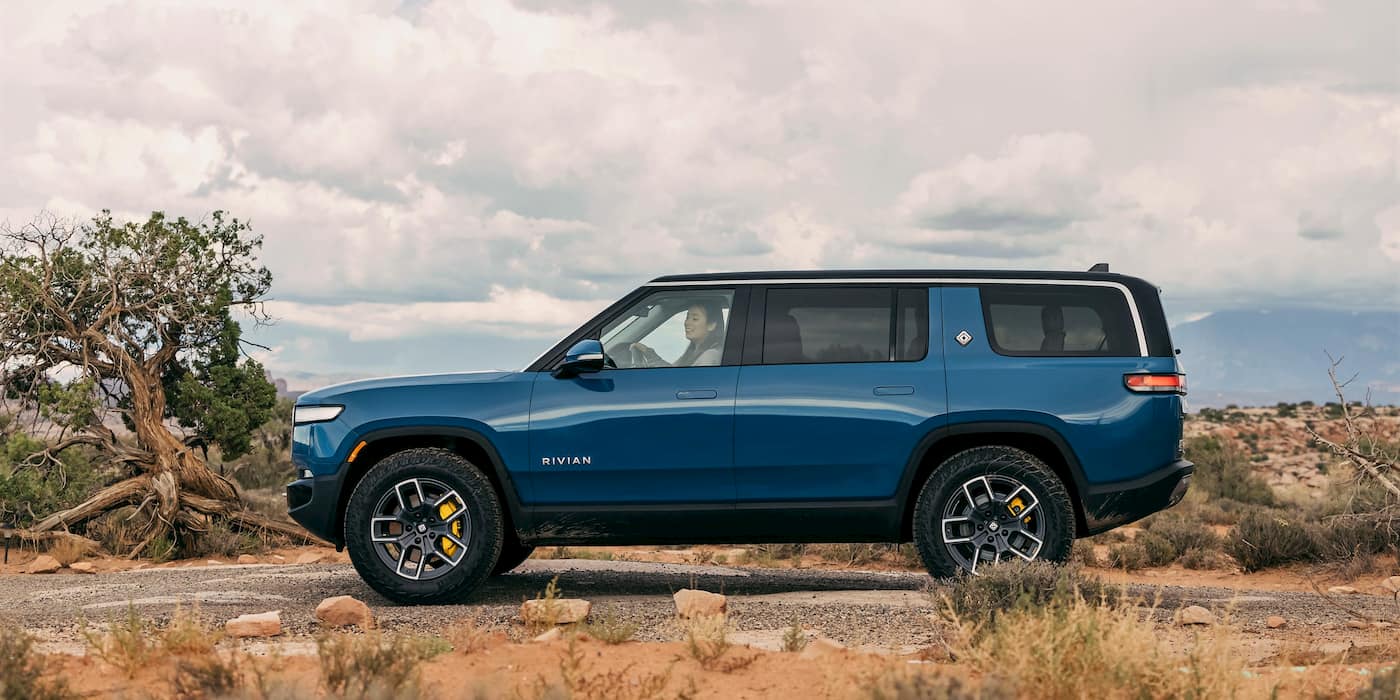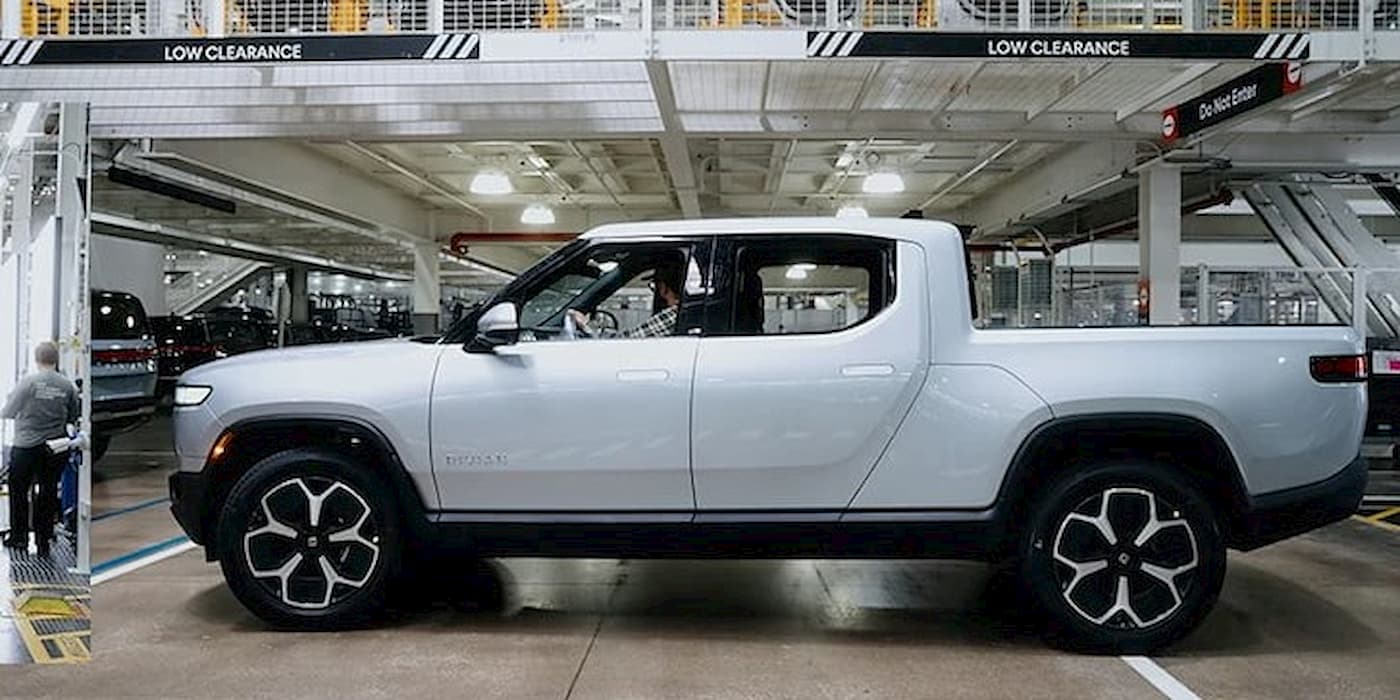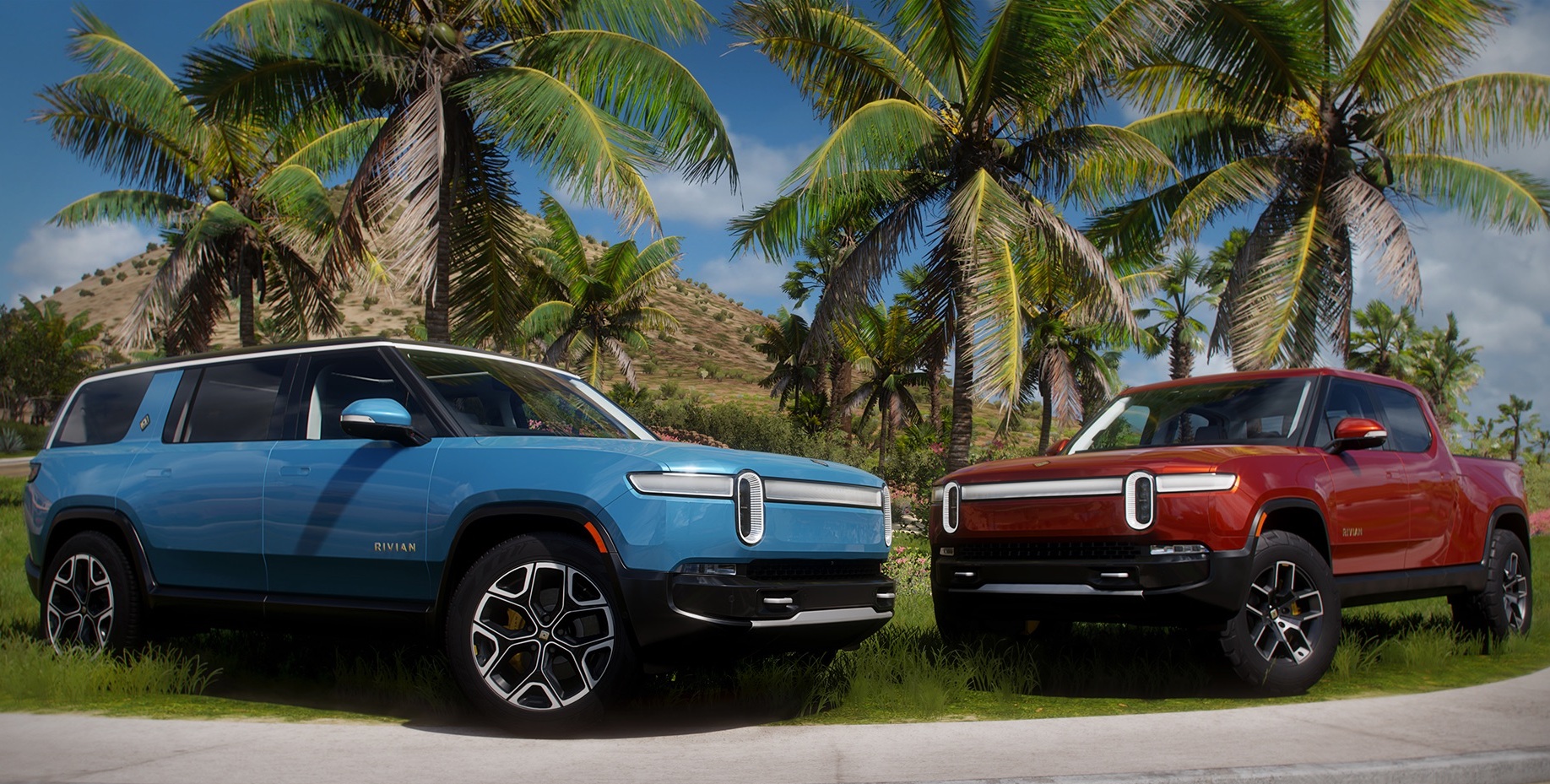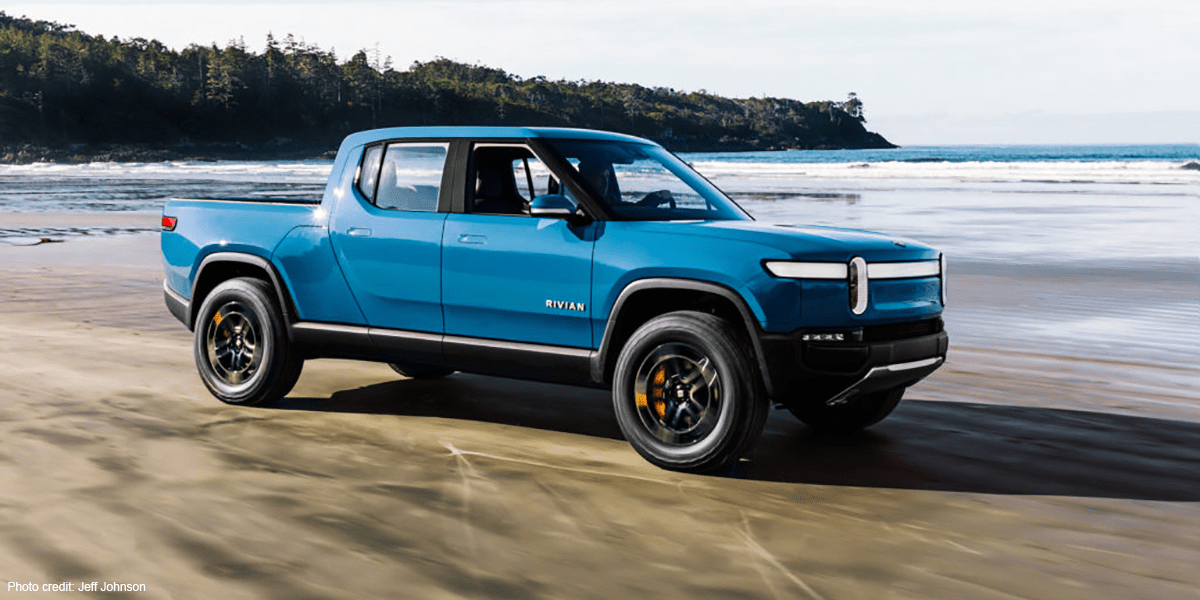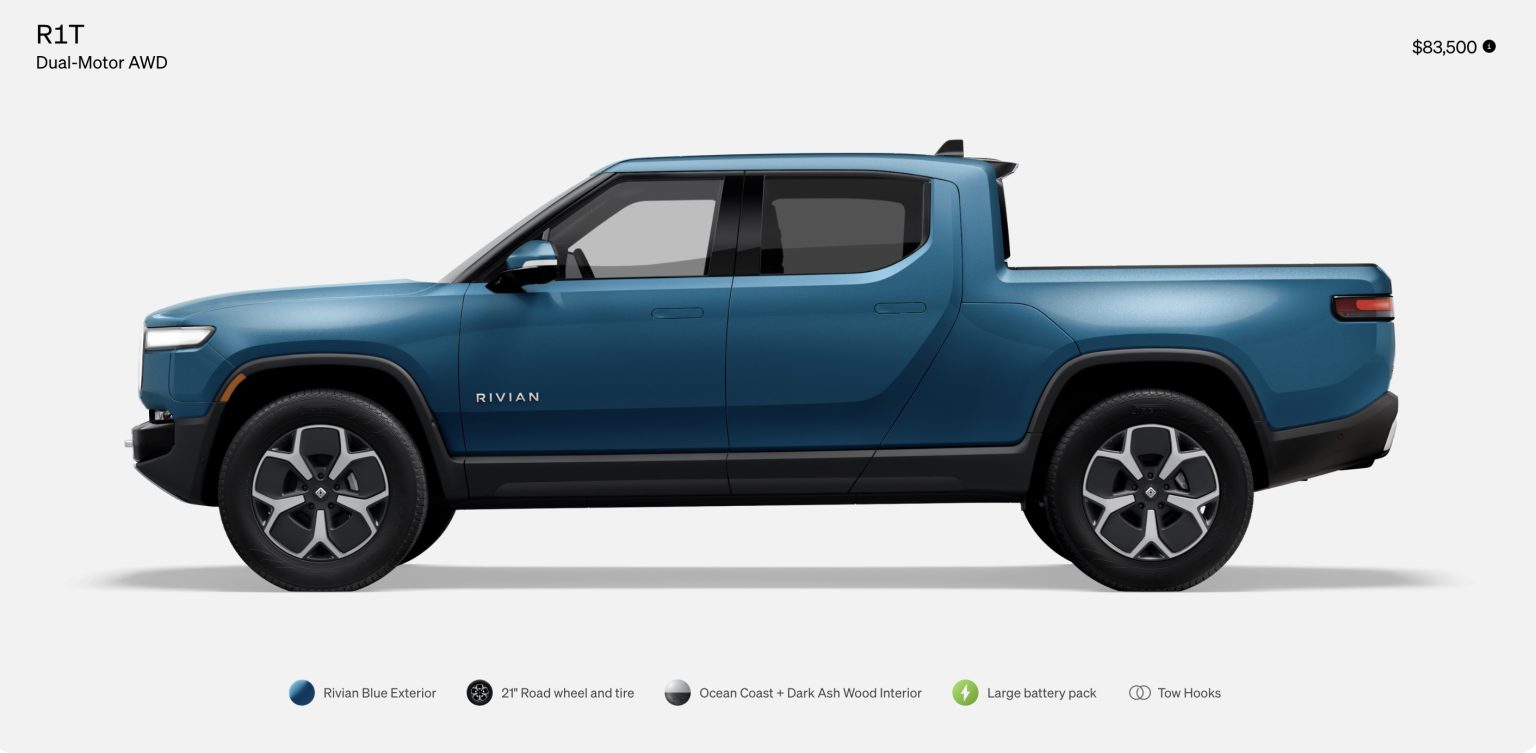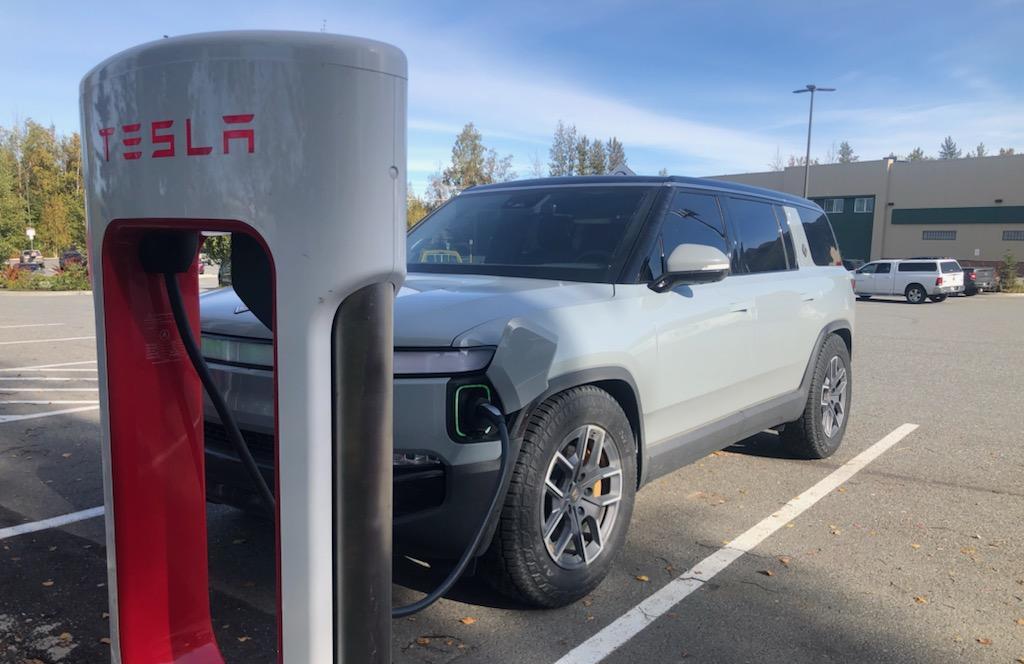In a recent announcement at Morgan Stanley’s 11th annual Laguna Conference, Rivian’s CEO, RJ Scaringe, hinted at the possibility of introducing leasing options for their electric vehicles. This move comes as the company demonstrates confidence in the strong residual values of their EVs.
Scaringe emphasized that Rivian has intentionally refrained from offering leasing options, primarily due to their conviction in the sustained value of their vehicles. He underlined the used marketplace as a crucial indicator, noting that if Rivian vehicles are fetching prices higher than the manufacturer’s suggested retail price (MSRP) on the resale market, it could signify potential for pricing adjustments and signal robust demand.
While Scaringe acknowledged the frustration caused by some customers purchasing Rivian vehicles only to sell them for a quick profit, he highlighted the importance of monitoring vehicle prices six to twelve months after their initial sale. These metrics, he suggested, would be instrumental in shaping the company’s approach to leasing.
Scaringe expressed confidence that Rivian’s leading residual values would pave the way for attractive leasing packages in the future, benefiting customers seeking more accessible options for acquiring their EVs.
When questioned about the Inflation Reduction Act’s (IRA) applicability, Scaringe indicated that it aligns well with leasing, citing the $7,500 incentive as a potential boon for customers and an avenue for stimulating demand.
Following a remarkable second-quarter performance that saw Rivian deliver 12,640 vehicles, a 60% increase compared to the previous quarter, Scaringe believes the company has turned a corner. Production also expanded by 50%, contributing to an impressive gross profit per vehicle delivered, which improved by $35,000.
Scaringe attributed these cost improvements to enhanced efficiency at the company’s factory in Normal, Illinois. He teased upcoming updates in the first half of 2024, including new features and cost-saving initiatives that would set the stage for Rivian’s next-generation R2 series.
The CEO underscored Rivian’s advantage in vertical integration, particularly in software and technology. By owning both the hardware and software components, Rivian can provide a seamless and holistic user experience. Recent examples include Over-The-Air (OTA) updates that enhance ride quality across all drive modes for the R1S and R1T models.
In contrast, traditional automakers often rely on components from various third-party suppliers, making it challenging to efficiently integrate and update their vehicles.
As a result of its recent achievements, Rivian raised its annual production target to 52,000 vehicles, an increase of 2,000 units from its previous goal. Scaringe also revealed that progress is well underway at the company’s Georgia site, where the next-gen R2 series will be produced. Construction is set to commence early next year, with equipment installation scheduled throughout 2024.

